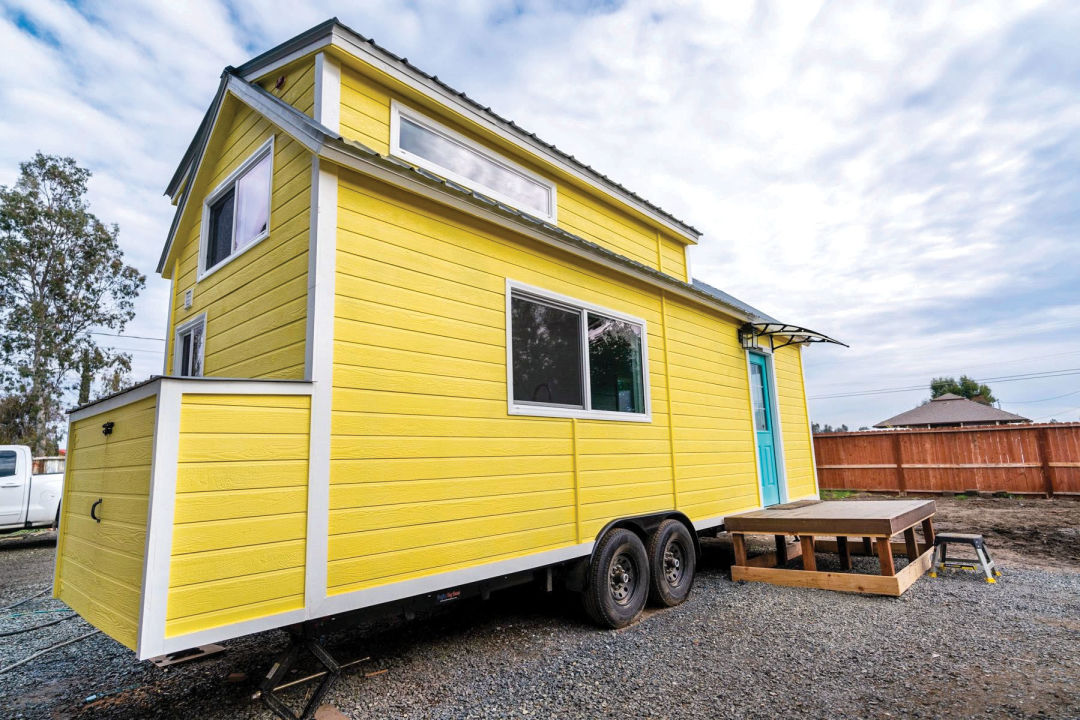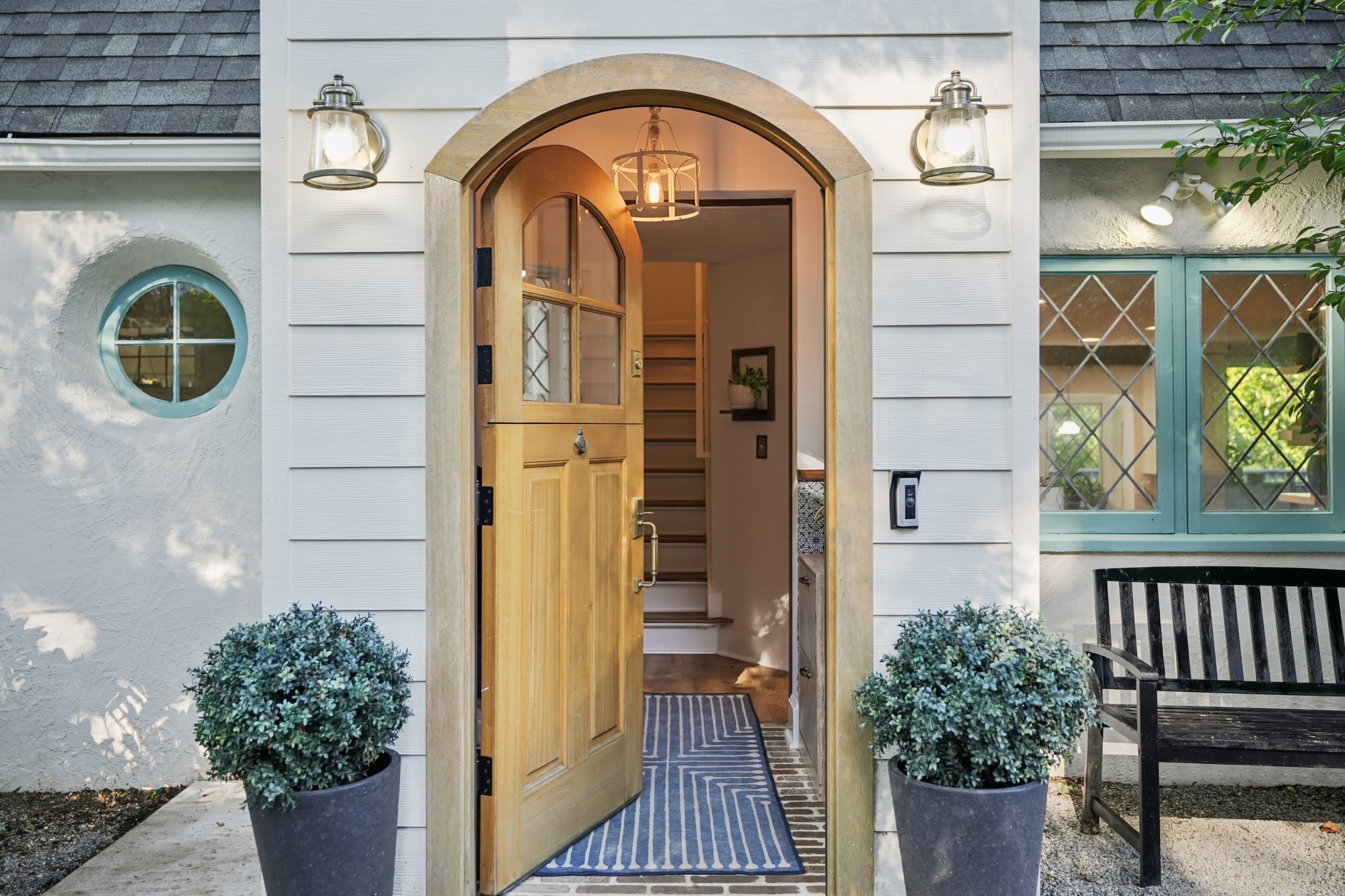This Portland Entrepreneur Wants to Pay You $250/Month for Space in Your Backyard

A tiny house on wheels prototype, complete with a sleeping loft
Image: Courtesy Pacifica Tiny Homes
If Nupur Patel has his way, 2020 will be the year NIMBYism gives way to the THIMBY crowd: Tiny House in My Backyard.
The Harvard Business School grad moved to Portland in 2017, at the height of the city’s love affair with accessory dwelling units, or ADUs. Patel was convinced the small-footprint spaces could be a key to Portland’s affordable housing crunch—until he figured out how expensive they are to build (upwards of $150K, given permitting, financing, and utility hookups).
Then came an unexpected lifeline from Portland City Council member Chloe Eudaly, who oversees the city’s Bureau of Development Services. Eudaly decreed the city would not be enforcing code violations for tiny homes on wheels, so long as they were parked on private property.
Patel figured out he could get a factory-assembled mobile tiny home up and running in two weeks or so, for about $50,000. Now all he needs are places to park them.
That’s where local homeowners come in. Patel’s new venture, Backyard Tiny House, will, at no cost to the homeowner, wheel a furnished tiny house into a yard or driveway, having first laid down any needed gravel, hooked up to the main house’s garden hose and electrical panel, and prescreened a tenant (with homeowner consultation). The mod homes themselves have about 250 square feet of living space, with a sleeping loft and a composting toilet.
At $1,000 a month for the renter, the units aren’t cheap, but still below market for a one bedroom in Portland, where the median rent is $1,122, according to national rental database ApartmentList.com. Patel’s company keeps $750; the homeowner pockets the rest, plus a set fee from the tenant to cover utilities.
Right now, there are five of these tiny homes on wheels around Portland, all on properties bought by Patel and his partners, but he says 25 homeowners have reached out to ask about hosting and are in various stages of permitting.
“We are hoping to scale to 900 in Portland,” Patel says. “We’re also looking to expand into other cities fairly quickly.”
Patricia Troy, who works as a virtual assistant, has been happily living in a tiny house in Patel’s own backyard since last fall, after previously living with friends.
“That has been the biggest difference,” Troy says. “Like, ‘Oh, I don’t know these people, and I moved into their backyard. But it’s separate, my own independent house. I can’t hear them, they can’t hear me. [We wave] as we happen to be passing each other in or out.’”




